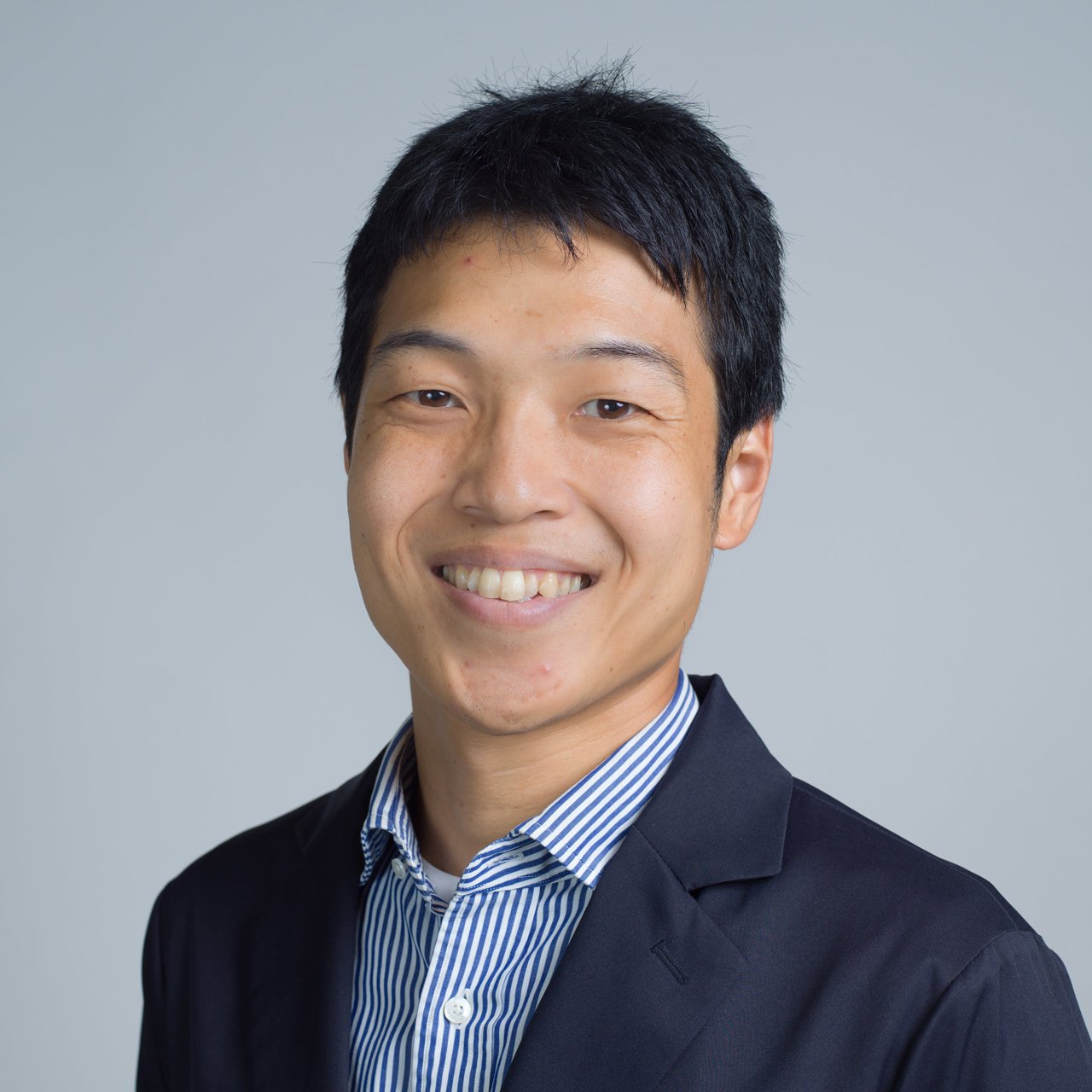The vast majority of plastic garbage that comes from littering or illegal dumping eventually ends up in our oceans. In recent years, there has been growing worldwide concern over issues such as marine plastic pollution, where ecosystems are negatively impacted by the introduction of human waste products that haven't been properly disposed of.
In 2010, Fujio Kojima embarked on a journey across the globe while he was enrolled at the Kyoto University Graduate School of Energy Science. The purpose of this journey was to see the world with his own two eyes in order to figure out how to approach the environmental issues he had been concerned about since childhood. After visiting 18 countries in 3 months, Kojima noticed that trash ending up in nature was becoming a major issue worldwide. Upon returning to Japan, he began developing Pirika, a trash collection social media platform. In 2011, he left graduate school to found Pirika.
Pirika is a social media platform where users submit posts related to trash collection activities that include text, photos, and location information. The platform provides visualization of volunteer trash collection efforts across the globe, and connects like-minded individuals working to solve such problems. It is used in over 100 countries worldwide, with approximately 1 million users collecting about 200 million pieces of trash in total. The platform is free of charge for users, obtaining its revenue by providing paid services to local governments and businesses.
In addition to its social media service, Pirika has also developed Takanome (Eagle Eye), which quantifies and categorizes litter using smartphone videos taken on the street, then generates trash distribution maps and reports using this data; as well as Albatross, which samples microplastics in rivers and harbors to determine the type of plastic waste, its source, and other information. All of these services, including the social media platform, have been successfully commercialized by responding to requests from local governments, corporations, and other organizations.
What sets Pirika apart is that it not only uses the data collected by its services to understand the present situation and issues, it also conducts R&D to propose solutions for these issues going forward. Kojima's efforts to pursue commercial solutions for societal issues are expected to reduce waste and expand the material cycle of the circular economy.




